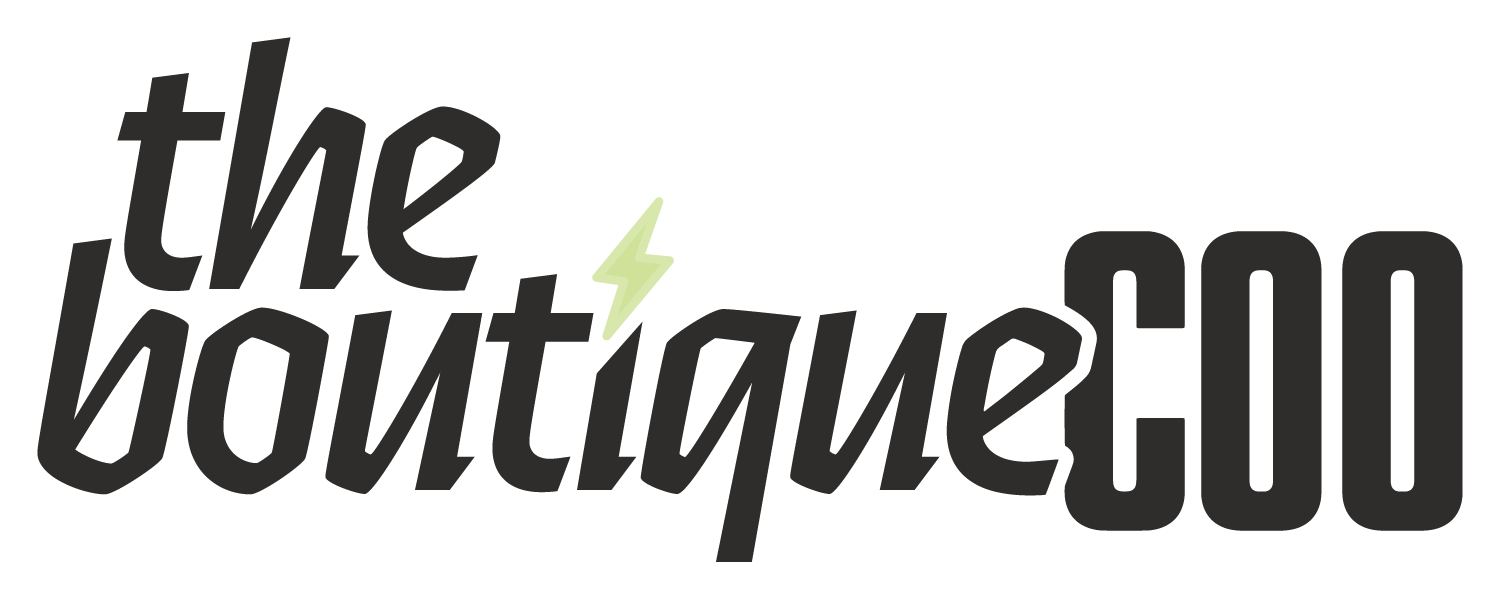7 CRM Best Practices: How to Do Effective Customer Relationship Management
Businesses today increasingly rely on Customer Relationship Management (CRM) systems to streamline operations, enhance customer interactions, and drive growth.
However, simply having a CRM system isn't enough.
To truly benefit from this powerful tool, it's crucial to set it up strategically to meet your business needs and your client's expectations.
Here are 7 strategies that will help you get a CRM that is set up to manage your customers effectively:
1. Understand Your Goals for Customer Relationships
Before implementing a CRM system, clearly defining what you hope to achieve is essential.
Are you looking to improve customer service, boost sales, or enhance marketing efficiency?
Identifying your goals early will guide your CRM strategy and help tailor the system to your needs.
2. Choose the Right CRM Software
Selecting the appropriate CRM platform is critical. You need a system that aligns with your business requirements and industry demands.
Consider scalability, ease of use, customization options, and integration capabilities with other tools like email marketing and accounting software.
Popular CRMs to consider include Honeybook, HubSpot, and Monday.com.
3. Customize Your CRM Workflow
Customizing your CRM to fit your unique business processes is crucial.
Adjust fields, workflows, and reports to reflect your team's operations and the desired client experience.
This customization ensures the CRM integrates seamlessly into your daily activities, enhancing productivity rather than complicating it.
4. Organize Your Customer Data
Maintaining clean and organized data is essential for any CRM system.
Regularly update customer records to ensure accuracy and utilize automated processes to minimize errors and duplicates.
This foundation of reliable data is vital for effective CRM use.
5. Use CRM Software Automation
Automation is a powerful feature of many CRM systems. Set up automation for repetitive tasks such as email follow-ups, lead nurturing, and data entry.
Automation saves time, reduces the risk of manual errors, and ensures consistent workflows.
6. Set Up Analytics & Reporting Dashboards
CRM systems come equipped with robust analytic and reporting tools that provide valuable insights into customer behavior, sales performance, and marketing effectiveness.
Leveraging these tools can help you make informed decisions and strategically steer your business.
7. Regularly Review & Refine Your Customer Data
It's important to continuously evaluate the performance of your CRM strategy.
Solicit user feedback to identify improvement areas, and regularly review your workflows to ensure they remain effective as your business evolves.
The Key to Effective CRM Implementation
The true power of a CRM system lies not just in its features but in how effectively you use it.
When set up and utilized properly, a CRM can significantly enhance your ability to foster stronger customer relationships and drive business growth.
Implement these best practices and observe the substantial improvements in your operational efficiency and customer satisfaction.
Need Help Setting Up Your CRM?
Don't let common pitfalls hold you back.
Contact us today to discuss how you can avoid costly mistakes with a tailored CRM strategy.
The Boutique COO experts are ready to help you optimize your CRM setup before it’s too late, ensuring you maximize every opportunity for success.
Schedule your free expert strategy chat now and take the first step towards CRM mastery that drives real business results.


